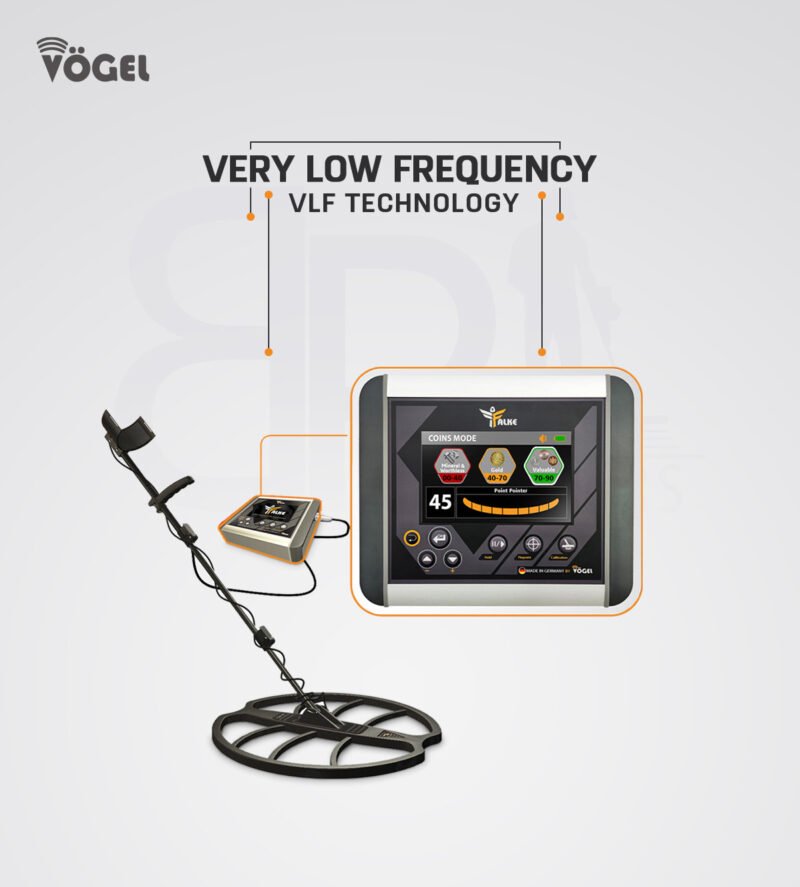Metal detecting has grown far beyond the realm of casual treasure hunting. Today, professionals such as archaeologists, gold prospectors, and security specialists rely on advanced detection technologies to carry out serious work. Among the many options available, pulse induction systems stand out for their ability to deliver accuracy in tough conditions. The question is, what makes them the go-to choice for professionals around the world?
In this article, I’ll share why pulse induction metal detectors have become so respected, drawing from real-world experiences and professional use cases. We’ll also look at one of the standout models designed for reliability in professional settings.
Superior Performance in Challenging Ground Conditions
One of the main reasons pulse induction metal detectors are preferred by professionals is their ability to perform in highly mineralized soils. Ordinary detectors often struggle in environments with high iron content or saltwater, producing false signals and forcing users to waste time digging in vain.
Pulse induction systems operate differently. They send powerful bursts of energy into the ground and measure the time it takes for the signal to return. This method ignores most of the background mineralization, focusing instead on the actual presence of metals. The result is a smoother, more reliable detection experience, even in conditions that would overwhelm conventional VLF detectors.
Depth Capabilities That Outperform
Another reason professionals gravitate toward this technology is its ability to detect metals at significant depths. Unlike other systems that lose accuracy as depth increases, pulse induction detectors maintain impressive sensitivity deeper into the soil. This is particularly valuable for treasure hunters and gold prospectors working in regions where targets may be buried under layers of rock and mineral-rich earth.
A great example of this is the Falke, a professional-grade detector known for combining pulse induction technology with user-friendly design. Machines like the Falke are built to handle the demands of extended fieldwork, ensuring prospectors and archaeologists can search with confidence.
Why Professionals Value Precision
Professionals do not have time to waste on inconsistent results. Pulse induction systems deliver greater precision by reducing interference from environmental factors. While no detector is entirely immune to false signals, the level of accuracy these machines achieve is what sets them apart. For industries where metal detection can impact safety or the success of a dig, precision is everything.
Gold prospectors, for example, rely on these systems to differentiate between valuable targets and worthless signals in highly mineralized goldfields. Security professionals appreciate them for their reliability in scanning large areas without interruption. The technology’s adaptability makes it a versatile tool in multiple industries.
Adaptability Across Applications
While hobbyists often use detectors for coins or relics, professionals employ them for a wide range of tasks. Archaeologists use them to carefully uncover artifacts without damaging them. Engineers may use them to locate pipes, cables, or buried infrastructure. Security teams employ them in sensitive environments like airports, ports, and high-security facilities.
Pulse induction detectors are versatile enough to transition between these tasks seamlessly. Their ability to maintain stability across environments is one of the biggest reasons professionals consider them indispensable.
Durability and Field Readiness
Professional work is not done in controlled environments. It often means long hours under the sun, in deserts, forests, or coastal areas. For this reason, durability matters as much as performance. Pulse induction detectors are often engineered with rugged casings, weather resistance, and long-lasting battery systems.
Models like the Falke are designed with field readiness in mind. They are lightweight enough to carry for extended searches but sturdy enough to withstand harsh environments. This durability ensures that professionals can trust their equipment in demanding conditions.
Balancing Investment With Value
It’s true that pulse induction machines typically cost more than entry-level detectors. However, professionals view this as an investment in reliability, accuracy, and long-term results. The ability to avoid wasted time, reduce false signals, and reach targets at greater depths quickly offsets the initial expense.
For those who rely on detection equipment as part of their livelihood, the added value far outweighs the cost. A dependable detector means fewer missed opportunities and greater efficiency in the field.
Conclusion
Pulse induction technology has earned its reputation for a reason. Professionals choose it not only because of its superior depth and ground-handling capabilities but also because of its precision and durability. In industries where accuracy can determine success, this technology offers confidence and consistency.
For serious prospectors, archaeologists, or professionals in security and engineering, detectors like the Falke represent how far the field has come. Pulse induction metal detectors are more than just tools—they are reliable partners in uncovering what lies beneath the surface.




